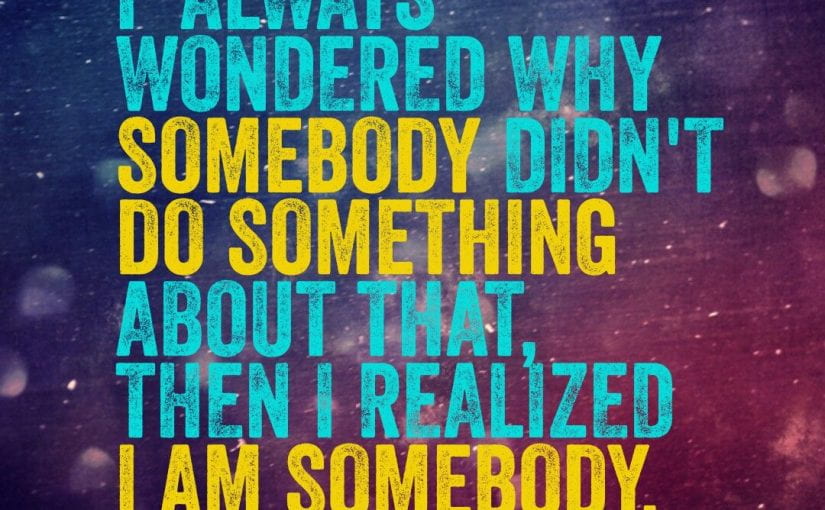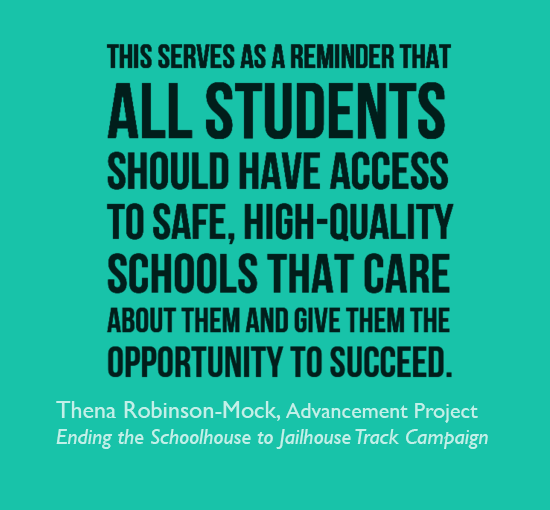Recently, I have had the opportunity to discuss what I do within this system of special education with a variety of people. I always respond that my goal is to level the playing field for families who have no knowledge of educational language, methods, or appropriate interventions and to inspire those around me to think differently about a child. I found their comments intriguing. One said, “It’s almost like you’re a defense attorney.” Profound statement! Why would a system that loves and supports children and is designed to meet their unique needs, warrant a defense attorney? These children are not criminals. They haven’t done anything wrong. They do not need to be punished. They are children who think, learn, and interact with others in a non-typical way. Yet, often those of us working to help them feel as if they are being treated as such by “the system”.
Ahh… “the system”. Amongst my fellow advocates, we talk about “the system” all the time. The system won’t allow certain therapies, the system won’t all certain methods, the system is short-staffed, the system is overstressed, the system if failing. All true! Inherently though, “the system” often treats special education students as an inconvenience. (I know this is hard to discuss and I am probably offending everyone from teachers to parents but stay with me.) These students take the most time, the most skilled interventions, and often need additional staff and resources that take significant funding. Students in special education are not labeled as the “easy” student. It is often quite the opposite. They are atypical and often do not fit the mold of conventional teaching methods or traditional schools. They may even need in school instruction from those outside “the system” who have dedicated their adult lives to honing their skills as specialists.
On some level, the request for additional services is seen as a burden, a problem, or catering to a child/parents’ whim. Many of us have experienced this truth. Recently, there has been a significant uptick in gaslighting and dismissing the concerns of families. We become the problem, we become labeled as difficult and wrong. We find ourselves second guessing our requests. Were we wrong? Were we asking for too much? Are we overreacting? Are we the problem? Is my child the problem? Are we not being considerate of the needs of the school? Is my child the reason the system is strained? WOW! That is a lot to process!
Understanding we are trying to educate students that do not reflect common and established teaching methods can influence the plan we develop. This is where a child’s disability and the challenges that come with it become the perceived cause of the disagreement. In many IEP meetings there is this unspoken tension. The sighs, the eye rolling, the large silent pauses, the use of the word “no” over and over. The situation is permeated with negativity when it comes to requests for testing, intervention, and help. When parents come in with questions, outside resources, or an advocate the air suddenly leaves the room. (I do my best to put everyone at ease, but that is not my job or my responsibility. My job is to speak on behalf of the child and their family.)
Those in “the system” will disagree. They may even feel judged by my opinion on this topic. They will say, we love these kids, we love what we do. We do our best to accommodate everyone. I believe them. I honestly believe their intentions are good. I know many dedicated and kind people in special education. I know many who go above and beyond. I know many who think outside the box and welcome input. These are my go-to people whom I trust! However, I also know many unwelcoming, threatening, and rigid people in special education. They hold so tightly to their way of doing things it is a detriment to the children in their care. These are the people I am constantly trying to reach, even if my attempts are futile.
I am there to help people truly see a child. I am there to offer creative solutions. I am there to inspire. I want them to know it is ok to hold a love of education and a frustration with education at the same time. You can love something AND you can also be completely overwhelmed by it. You can have advanced degrees AND lack knowledge in certain areas. You can love to work with kids AND still fear their behaviors. You can be a trained expert in one method AND still need help and insight using a different method. These can co-exist. It does not mean the system is bad. It doesn’t mean the teacher is terrible and it sure doesn’t mean the student is the problem. It just means “the system” is not being honest with itself. It is ok to admit when something is not working. It is ok to learn and try new things. It is ok to ask for all parties to ask for what they need, and it is ok to say yes to them.
A system that discourages this type of collaboration and compromise needs to change. A system that makes parents feel like their child needs a defense attorney needs to change. What if “the system” approached unique learners as the law intends?
Yes! They can stay in the general classroom setting with support services.
Yes! We want to include the input from their therapist.
Yes! Train our staff on the methods the data shows works for your child.
Yes! I am glad you asked for an evaluation, something is hindering your child’s ability to learn.
Yes! This plan is not working, let’s make changes.
Yes! Bring someone along who can offer you support in a world you know little about.
What if a switch flipped and the intended concept of everyone at the meeting being an equal team member was honored? What if everyone’s input was considered and weighed against a child’s needs? The so called “system” would no longer be seen as an untrustworthy enemy. The system might actually work.
To all of you navigating this with me, keep on keeping on. We will learn together, grow together, and keep trying. We will change this pervasive, underlying, unspoken, negativity to special education. We will keep being reasonable and creative and collaborative. Let’s keep painting beautiful pictures of our children together!
Jackie Waldie
Inspire Education
605-431-3318

